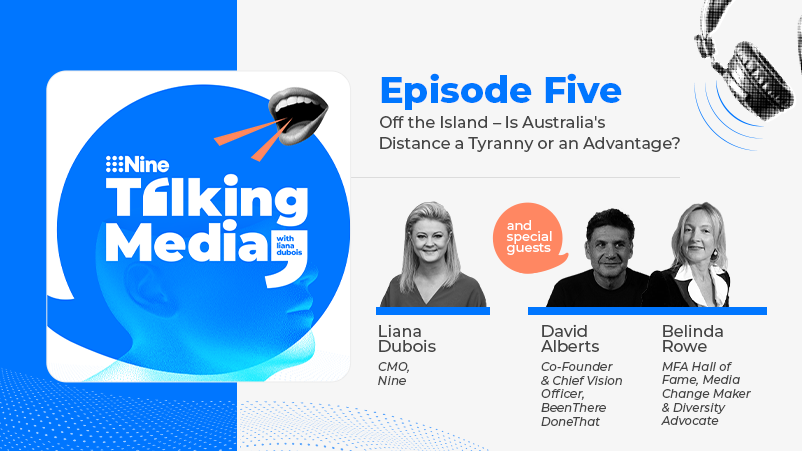The promiscuous gratification of short-term stunts: resist temptation
The UK ad market is questioning whether we are losing sight of campaigns in favour of disruptive stunts. The debate highlights why we need to move away from short-term tactical work and focus on the role ‘big ideas’ can and should play in driving genuine business results. Marketing-led growth, achieved through a brand's ability to truly connect with their customers and inspire them to action, is the holy grail of taking a potential customer right through the purchase path. But in an increasingly complicated world, these types of activities come neither quickly or easily.
Key points:
- MullenLowe's Laurence Green argues that we have been seduced by “the promiscuous gratification” of short-term marketing stunts and that we need to fall back in love with long-running campaigns.
- It’s a perspective that is backed by research from the respected combination of Les Binet and Peter Field which proves that short-termism in marketing remains a major industry problem contributing to an overall loss in effectiveness.
- Ian Heartfield, chief creative officer at Bartle Bogle Hegarty, notes how short-term, immediate sales-driving thinking from clients, combined with accelerating CMO churn is driving a shift away from creativity.
Short-term stunts are the empty calories of marketing. But it's not difficult to see why marketers are tempted by a sugar hit over healthier long-term options.
Modern day marketers must balance competing interests and needs that deliver against both short- and long-term goals. In a world where both sustainable growth and cost management are crucial the need to drive effectiveness and turn every marketing dollar into a real and tangible return is extraordinary.
To deliver our industry needs to see a return to the fundamentals of brand building, underpinned by a long-term perspective which recognises the innate power of creativity and big ideas in driving these business results.
The challenge is that this is not easy. The world is far more complicated now than ever before and the number of specialist functions involved in executing full funnel marketing solutions means we need to seriously rethink our approach to marketing capability and investment.
What’s the solution? In my mind we are seeing the growth of three-way collaboration – between brands, agencies and media owners directly in response to these issues. This model of drawing on different specialities and leaning on different partners for different capabilities is a way of re-injecting a long-term creative brand building approach to marketing.
We are seeing clear examples of how this more collaborative approach works. In Australia the highly awarded UberEats Australian Open campaign pulled together a huge collaboration between the client (Uber Eats), media owner (Nine), creative agency (Special Group), a sporting body (Tennis Australia) and a media agency (MediaCom). Likewise SBS’s work with Holden on the Drivers of Change campaign and Ten’s work with Tourism South Australia and Masterchef are other great examples.
Each of these campaigns has seen marketers combining science and art, using creative ideas to inspire consumers - and achieve more than just a short-term marketing sugar hit.



